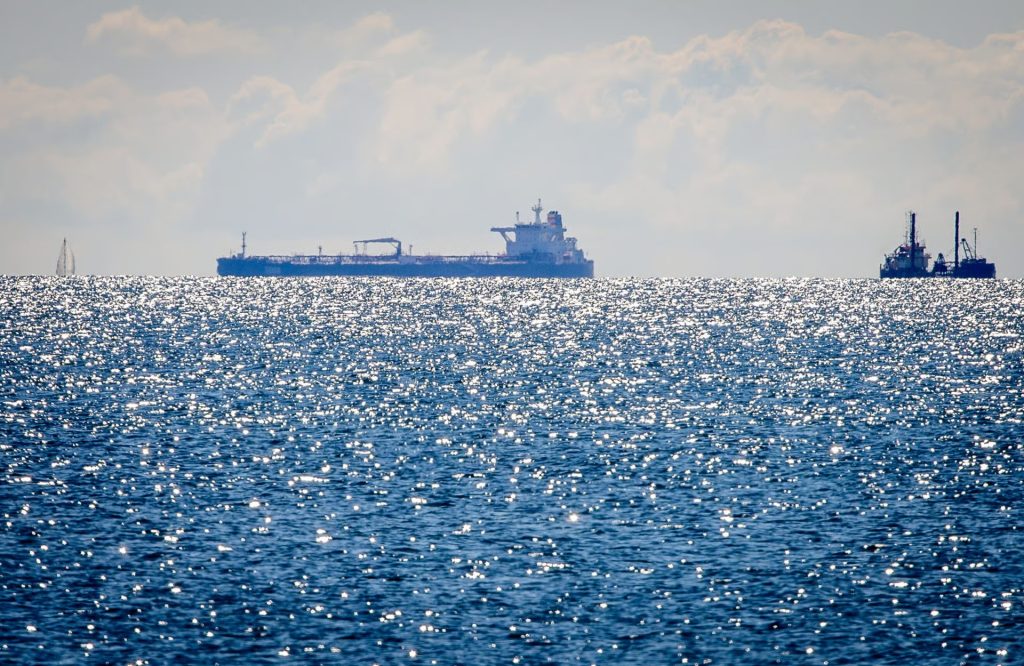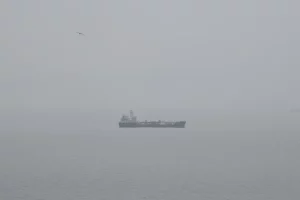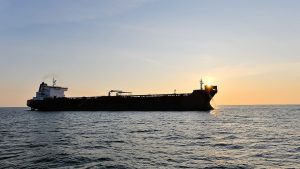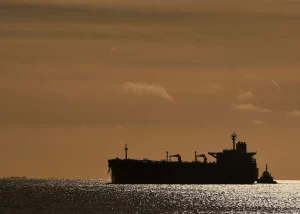EU plans to expand powers to board Russian “shadow fleet” vessels — Politico

The initiative is set to be part of a new framework document on the law of the sea, which is expected to be adopted this year.
The EU is preparing to give member states broader powers to inspect and board Russian “shadow fleet” vessels, according to an internal document from the European External Action Service (EEAS), seen by Politico.
The document states that ships transporting Russian oil under “flags of convenience” not only fuel the Kremlin’s military economy, but also pose a threat to the environment, shipping and critical infrastructure of the EU. Some of them, according to European services, can be used as platforms for hybrid operations, in particular to launch drones or conduct reconnaissance near NATO facilities.
The EEAS suggests that EU countries conclude bilateral agreements with flag states that would provide for pre-authorized inspections of “shadow fleet” vessels. These agreements will form part of a new framework document on the law of the sea, which is planned to be completed by the end of November for adoption at a meeting of EU foreign ministers.
Once the declaration is approved, the EU’s chief diplomat, Kaia Kallas, will be able to obtain a mandate from the EU Council to negotiate the implementation of such agreements.
European countries are already demonstrating their readiness for more decisive action. In particular, in early October, French military personnel boarded the Boracay tanker, which, according to investigators, belongs to the Russian “shadow fleet”. The vessel was off the coast of Denmark at a time when a number of airports in the region were temporarily closed due to the appearance of unidentified drones.
The EU is also negotiating with flag states that provide logistical or bunkering support to Russian vessels. Among the successful examples mentioned in the document is Panama, which agreed to cancel the registration of vessels under EU sanctions and to suspend the registration of vessels older than 15 years.
Brussels is also considering further measures – expanding the sanctions lists, which could include insurance companies, operators and flag registries, as well as control over the provision of logistics services, including bunkering fuel for ships of the “shadow fleet”.
The new initiative could be the first step towards creating a single European mechanism for controlling “shadow” maritime transport that finances Russia’s war against Ukraine.
As USM reported, the Defense Intelligence recently published new data on more than a hundred ships of the Russian “shadow fleet”.





